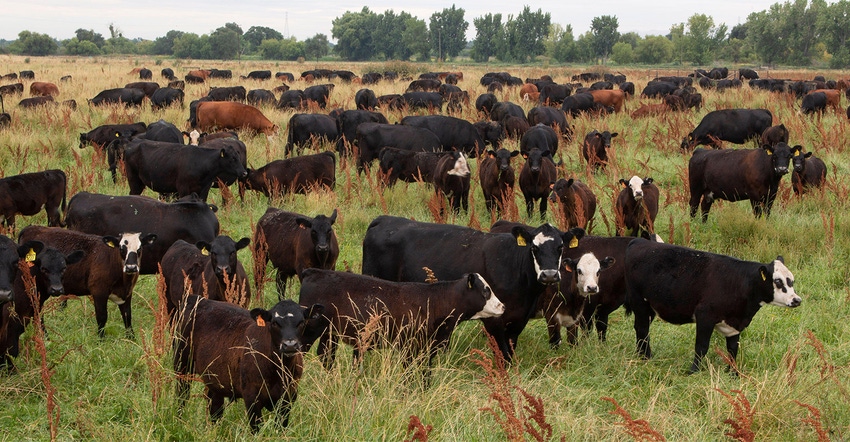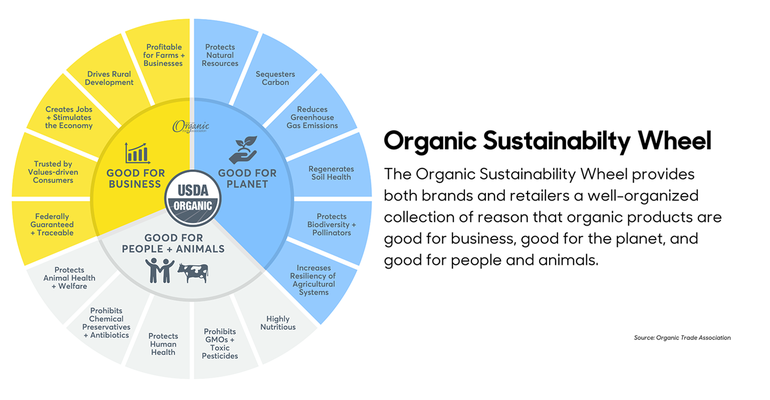
Coming out of 2022, the organic industry was valued at $66 billion—proof that the trust consumers feel in relation to the USDA Organic seal isn’t going anywhere. Because USDA Organic is federally regulated, shoppers know that it is the gold standard for sustainable farming practices, health and safety. While more shoppers than ever are buying organic, experts report that one of the issues is that “organic” often means different things depending on who you ask. How can the industry better communicate the tentpoles of organic to bolster wider understanding? The State of Organic calls on a panel of experts from across the industry to discuss what’s ahead for the industry in 2023.
USDA Organic SOE Regulations
Speakers: Jennifer Tucker, deputy administrator for the Department of Agriculture's National Organic Program; John Veley, director of Trade Systems, USDA, Agricultural Marketing Service.
Tucker and Veley present an update on the Strengthening Organic Enforcement, implemented on March 20. The Strengthening Organic Enforcement rules are the most sweeping changes to the organic regulations since their original implementation in 2002. Why make a change? Because organic supply chains have become more complex, transparency has become more difficult and the instances of documented organic fraud have increased. New regulations protect the integrity of the organic seal and increase consumer confidence, giving the National Organic Program the authority needed to oversee proper certification. In short, the SOE rules are good for everyone involved.
2023 Farm Bill
Speakers: Britt Lundgren, director of sustainability, Siggis Dairy; Kellee James, CEO, Mercaris.
Lundgren and James discuss the upcoming Farm Bill and its implications moving forward. What is the Farm Bill and why does it matter? The Farm Bill is vital in supporting nutrition and agriculture policy across the country and is a critical way to support the future growth of organic development. How? Among other things, this year’s Farm Bill will work to develop the 2023 Organic Trade Association platform, which creates the Organic Farmers Advisory Council and Future of Organic Workshops. These developments will create responsive organic standards, thriving American farmers and resilient organic supply chains. We need farmers to have the right tools to address their impact on climate change, and this bill will provide them.

Organic Opportunity Communications Toolkit
Speakers: Charlotte Vallaeys, natural and organic associate expert, General Mills; Tripp Hughes, senior director of consumer strategy, Organic Valley.
As the number of seals on food packaging grows and creates confusion among consumers, something clearly needed to be done. Vallaeys and Hughes discuss the newly created Organic Wheel of Sustainability and how it can help. The Organic Opportunity Communications Toolkit was created to educate consumers, policy makers and the media on why organic is good for the planet, good for people, and good for business. One of the key selling points is that organic is federally guaranteed and traceable—something other certifications simply do not have. Brands can use the new organic wheel to pick and choose the parts they want to use in branding and education with the peace of mind that there are studies and data to back up the claims on their organic products.
About the Author(s)
You May Also Like





